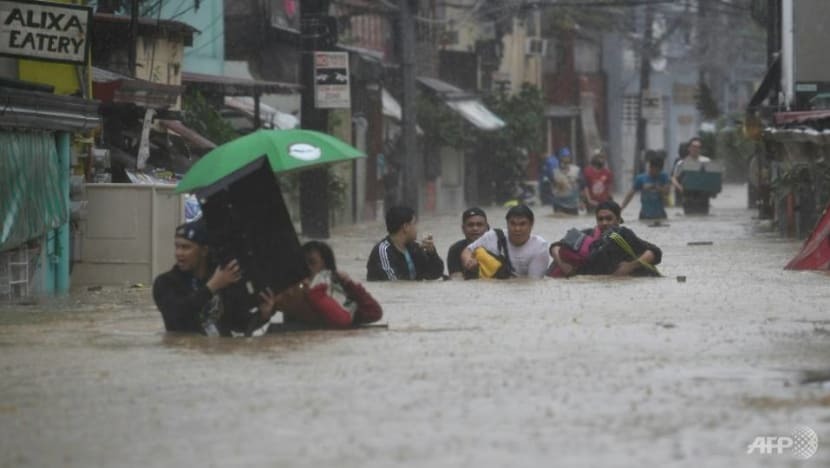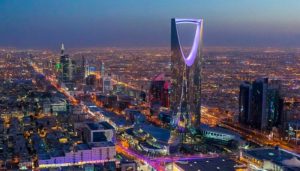
Politicians, along with Pope Francis, must respond to floods, fires, and record-breaking heat
Yet another month of shattered temperature records has left scientists grasping for words to convey the unprecedented reality. Zeke Hausfather of the Berkeley Earth climate data project described it as “astoundingly extraordinary.” September marked the hottest on record, following August and July, both record-breaking months. It surpassed the previous September record by a remarkable 0.5°C, the largest temperature leap ever recorded.
In the UK, where the summer was characterized by rain and unseasonably warm early autumn days, the disruption has been comparatively less devastating than in other regions. However, floods, wildfires, and extraordinarily high temperatures are becoming increasingly frequent worldwide, with recent emergencies including the overflow of Lhonak Lake in India and wildfires coupled with scorching heat in Tenerife.
The countdown to the upcoming UN climate talks in Dubai, starting in late November, is underway. Pope Francis issued an update to his 2015 encyclical, a document meant for “every person living,” in which he cautioned that “the world in which we live is collapsing” and urged a transformation away from “irresponsible” western lifestyles. Over 80 countries are advocating for the inclusion of a fossil fuel phaseout on the Cop28 agenda. Notably, leaders of major emitting nations like Joe Biden and Xi Jinping were absent from a recent summit convened by UN Secretary-General Antonio Guterres in New York last month.
Guterres has sounded the alarm that oil companies and states are vigorously lobbying against efforts to transition away from their fossil fuel-dependent industries. Saudi Arabia, in particular, has made substantial investments in football as part of a strategy to enhance its influence and silence critics. In the previous year, state-owned Saudi Aramco recorded an unprecedented profit of $161 billion, setting a record for an oil and gas company.
The actions of oil companies and petrostates are concerning, but the actions of governments in wealthy nations have yet to align with their professed commitment to achieving net-zero emissions. Even as scientists express astonishment at the most recent data, there is no guarantee that greenhouse gas emissions will cease rising by 2025, a critical target to limit temperature increases to 1.5°C.
Under Rishi Sunak’s leadership, the UK’s environmental ambitions have waned. Last month, commitments to phase out petrol cars and gas boilers were scaled back, and government ministers at the party’s conference utilized provocative language to emphasize public fears about the affordability of decarbonization. Other governments are also displaying a troubling lack of commitment. A recent proposal by the UK’s former Prime Minister, Gordon Brown, for a windfall tax on the oil and gas revenues of countries with significant deposits, surpassed recent actions taken by the leaders of major Western states. It is no wonder that governments of the most vulnerable countries, which face the greatest threats from global warming and have contributed the least to the problem, are expressing anger.
As Pope Francis suggested, “we can keep hoping.” Although the soaring temperatures are alarming, they could serve as a catalyst for responsible politicians to generate the momentum needed for an accelerated transition toward a greener future.



